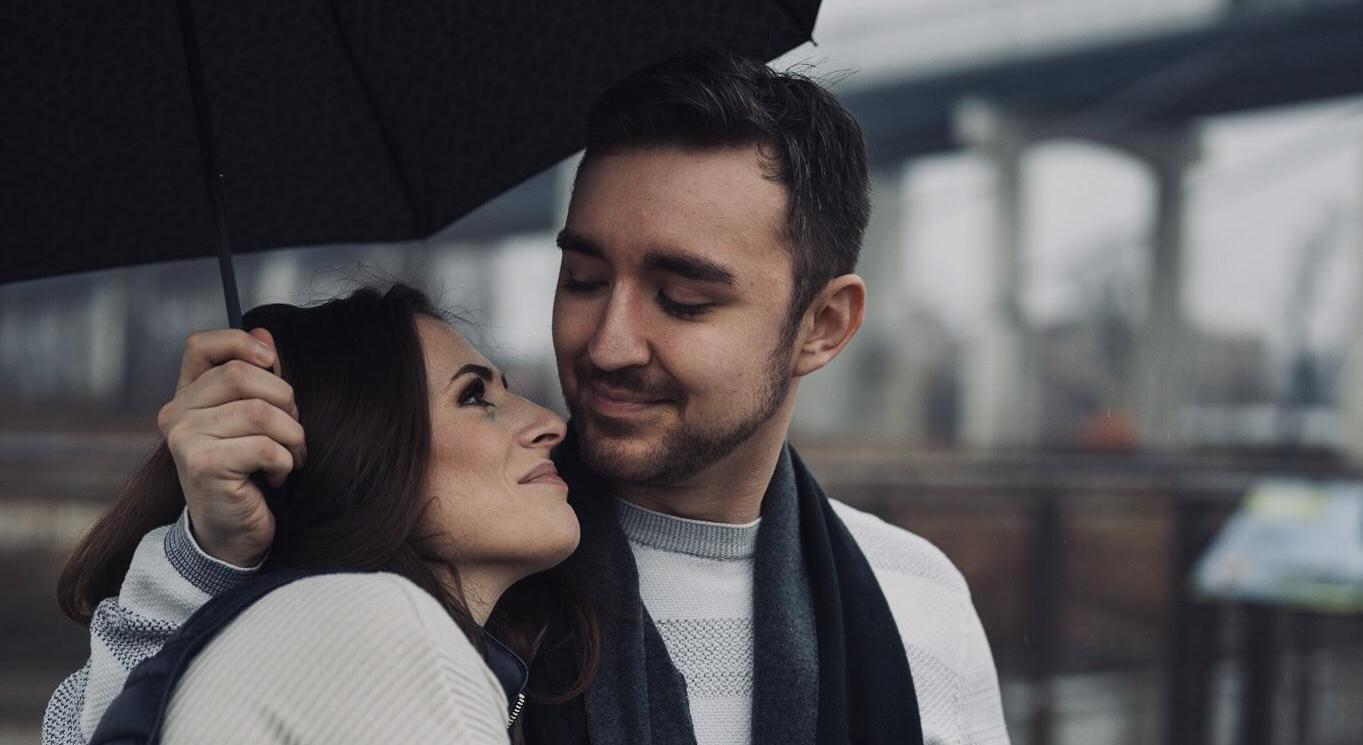McKenzie & Jeffrey

Jeffrey
Stevenson
McKenzie
Garber
December 5, 2020
Becoming the Lovewell's
Historically, a person’s surname was not considered all that important. In fact, in early medieval England most people were known only by one name, their “Christian name,” such as Thomas or Mary, which was given at baptism. As the population grew, it became tiresome trying to distinguish among the many Thomas’s or Mary’s. This is when surnames arose, often based on lineage (such as Thomason), occupation (such as Smith), or locale (such as York). Then, in the ninth century, the tradition of changing a women’s surname after marriage surfaced and the doctrine of coverture emerged. Under the concept of coverture, married women had no independent legal existence or identity apart from her husband, at which point her surname was automatically changed to that of her new husband. Fortunately, the bounds of marriage have since evolved along with the idea of surnames as an epithet. As we walk together into marriage, embracing our unity as a couple in this new phase of our lives, we have chosen to celebrate the progress made before us. We are pleased to announce that together, we will be adopting an old family name, Lovewell. We are honored to be sharing this moment with our closest friends and family and we thank you for joining us in celebration as we become the Lovewell’s.
